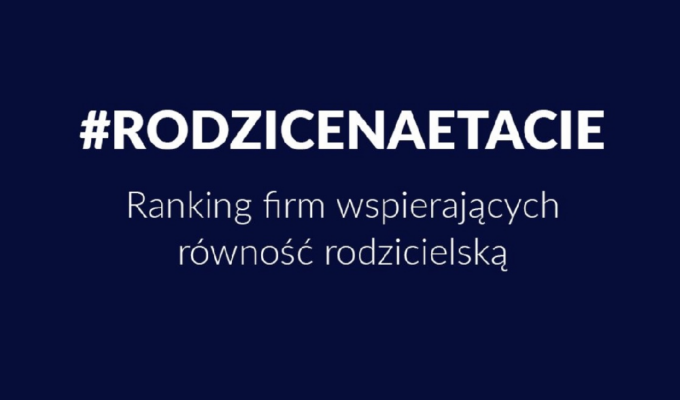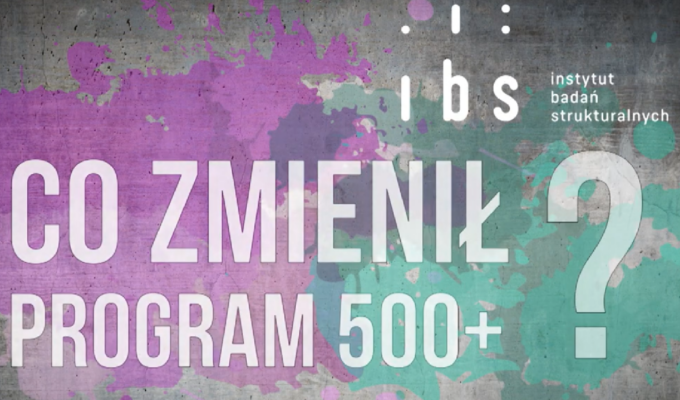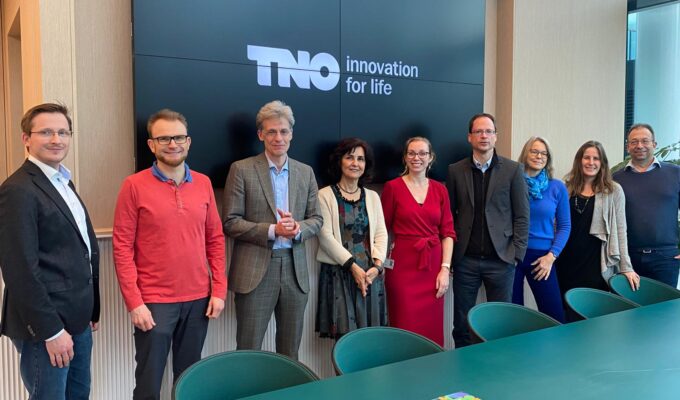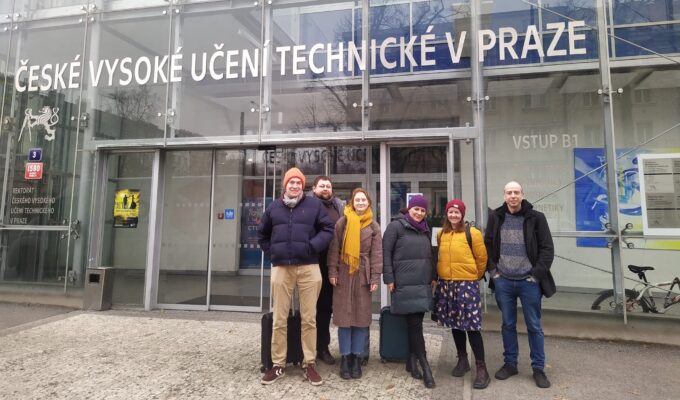
2022-03-10
Instytut Badań Strukturalnych stoi za Ukrainą
Instytut Badań Strukturalnych jednoznacznie i zdecydowanie potępia i przeciwstawia się zbrojnej agresji Rosji na Ukrainę.
see more

2024-02-21
Iga Magda w kapitule drugiej edycji konkursu #rodzicenaetacie
Forbes Women, Fundacja Share the Care oraz UNGC Network Poland startują z 2 edycją rankingu pracodawców, którzy wyrównują szanse kobiet i mężczyzn na rynku pracy poprzez działania budujące równość rodzicielską.
see more

2023-10-31
Przegląd tematyczny Komisji Europejskiej 2023: Sprawiedliwa transformacja w kierunku neutralności klimatycznej
Zespół IBS odpowiadał za przygotowanie części Przeglądu tematycznego Komisji Europejskiej 2023: Sprawiedliwa transformacja w kierunku neutralności klimatycznej dotyczącej sytuacji w Polsce.
see more

2022-03-10
Institute for Structural Research stands with Ukraine
The Institute for Structural Research unequivocally and firmly condemns and opposes Russia's armed aggression against Ukraine.
see more

2023-05-04
IBS founding member of new European scientific network ELMI
IBS is one of eleven European institutes for labour research that established the “Network of European Labour Market Research Institutes” (ELMI).
see more

2023-10-31
Thematic Review 2023: Fair Transition Towards Climate Neutrality.
The IBS team was responsible for preparing contributions to The European Commission's 2023 Thematic Review " Fair Transition Towards Climate Neutrality ". Our report concerned the situation in Poland.
see more

2023-10-03
The European Association of Labour Economists (EALE) Annual Conference
The Conference took place in Prague on 21-23 September 2023. Piotr Lewandowski and Marta Palczyńska represented IBS.
see more

2023-11-17
The policy guide on data transparency is out!
Zuzanna Kowalik is one of the co-authors shaping the narrative within the policy guide on data transparency.
see more





